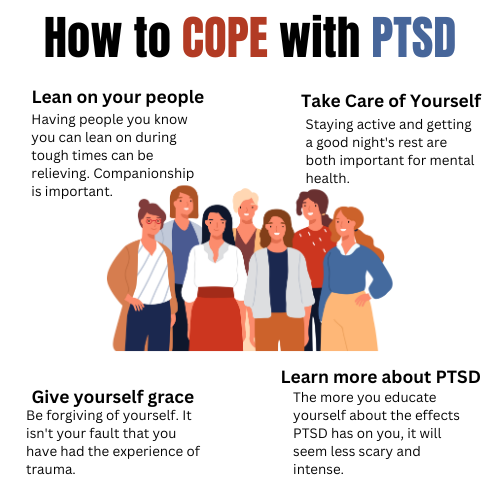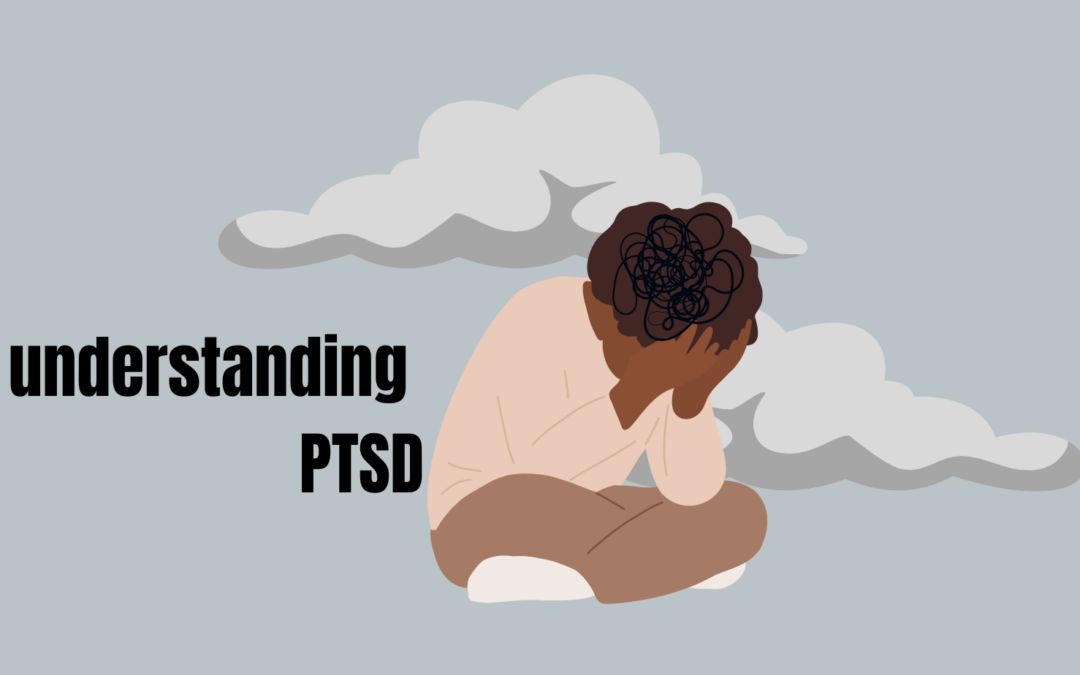Post-Traumatic Stress Disorder (PTSD) emerges as a complex outcome of exposure to traumatic events. While its prevalence and ramifications are widely recognized, delving deeper into its effects provides a nuanced understanding of its intricacies. This article delves into the layers of PTSD therapy in SLC Utah, shedding light on its origins, symptoms, and potential avenues for recovery and assistance.
The Foundation of PTSD
Traumatic Events and Beyond PTSD is intricately woven with traumatic experiences, spanning from life-threatening incidents to witnessing or learning about them. Notably, not everyone subjected to trauma develops PTSD. For those who do, however, the consequences can be profound.
The Spectrum of Symptoms
A Closer Look at the Struggle The effects of PTSD span a wide spectrum of symptoms that substantially impact daily life. Some commonly observed symptoms include:
- Re-Experiencing: Flashbacks, nightmares, or intrusive thoughts thrust individuals back into traumatic events, inducing the sensation of reliving the experience.
- Avoidance: People may avoid situations, locations, or activities associated with the trauma, extending to conversations and thoughts connected to the event.
- Mood and Cognitive Changes: This manifests as numbness, detachment, and a lasting negative perspective on life, along with memory lapses and difficulty concentrating.
- Hyperarousal: People with PTSD might remain in a heightened state of alertness, causing sleep issues, irritability, and an exaggerated startle response.
- Emotional Numbing: A poignant symptom, emotional numbness renders individuals unable to experience emotions as they once did, hampering connections and enjoyment.
- Guilt and Shame: Deep-seated feelings of culpability and shame often emerge, leading to self-blame and a sense of moral deficiency.
- Generalization and Hopelessness: For many, PTSD culminates in them believing the whole world is a scary place. Further, they begin believing they are incompetent at life.
The Ripple Effect
Extending Beyond the Individual The influence of PTSD therapy in SLC Utah reaches far beyond the individual, straining relationships with family, friends, and colleagues. Understanding and responding to the altered behavior and emotional responses is a challenge faced by loved ones, leading to confusion and frustration.
Navigating the Path to Healing
Seeking Support and Treatment Recognizing the spectrum of symptoms is pivotal in seeking help. Professional treatment significantly aids in symptom management and minimizing impact.
Common treatment options comprise:
- Prolonged Exposure Therapy: Prolonged Exposure Therapy (PE) reduces symptoms of PTSD in most people. Edna Foa developed the approach at the University of Pennsylvania in the early 1970’s. PE continues to emerge as a treatment of choice after years of research.
- PTSD Therapy in SLC Utah: Cognitive Behavioral Therapy (CBT) and Dialectical behavioral therapy (DBT) effectively address PTSD symptoms, aiming to reframe negative thought patterns and process traumatic memories.
- Medication: Prescription medication may be employed to manage symptoms like anxiety and depression.
- Support Groups: PTSD therapy in SLC Utah engaging with peers who’ve faced similar traumas offers validation and camaraderie, facilitating experience sharing and coping strategy development.
- Lifestyle Changes: Employing stress-reduction techniques, maintaining a healthy routine, and prioritizing self-care contribute to overall well-being.
- Mindfulness and Meditation: Mindfulness-oriented approaches and meditation methods have garnered attention for their favorable effects on mental well-being. Mindfulness fosters individuals’ present moment engagement, fostering recognition of thoughts and emotions without evaluative interpretations. Meditation aids in stress and anxiety management, addressing emotional irregularities frequently linked to PTSD.
Fostering Compassion
PTSD’s effects necessitate a compassionate societal approach. Support from friends, family, and the community plays an invaluable role, fostering an environment that reduces stigma and nurtures understanding. When loved ones extend empathy and engage in open conversations about mental health, they contribute to creating a safe space where individuals with PTSD feel acknowledged and supported.

The Power of Resilience
As we delve deeper into understanding PTSD’s effects, emphasizing the power of resilience becomes pivotal. Individuals grappling with the impact of trauma can exhibit remarkable resilience in the face of challenges. This resilience shines through as they navigate the complexities of their condition, seek treatment, and strive to regain a sense of control. Recognizing and celebrating this resilience reinforces the message that healing and growth are not only attainable but are also a testament to the strength within each individual.
Exploring Coping Mechanisms
- Mindfulness and Deep Breathing Techniques: Practicing mindfulness and deep breathing exercises can help regulate stress and anxiety, providing a calming effect during moments of distress.
- Creative Outlets: Engaging in creative activities such as art, music, writing, or crafting offers a constructive channel to express emotions and cope with difficult feelings.
- Physical Exercise: Regular physical activity has been shown to release endorphins, which can improve mood and reduce symptoms of anxiety and depression.
- Social Support: Connecting with supportive friends, family members, or support groups can offer validation, understanding, and a sense of community.
- Relaxation Techniques: Practicing relaxation techniques like progressive muscle relaxation or guided imagery can help alleviate tension and promote relaxation.
- Nature and Outdoor Activities: Spending time in nature or engaging in outdoor activities can have a soothing effect on the mind and contribute to overall well-being.
Contact New Roads Behavioral Health for Help
Without PTSD therapy in SLC UTah, it can get worse over time. But treatment can help, even if the traumatic event was many years ago. For some people, arguably most, treatment can cure PTSD. For others, it can make symptoms less intense. Therapists at New Roads are trained in PE and EMDR. In fact, one therapist is certified by the University of Pennsylvania in PE.
At New Roads Behavioral Health, we believe in a comprehensive approach to mental health treatment that combines evidence-based models with a supportive community environment. This enables us to effectively guide our clients through the recovery process with both efficiency and compassion.
We understand that each population has specific needs, which is why we offer a range of specialized care options. Our programs are designed to deliver tangible results and have been proven to lead to better long-term success. These levels of care include Residential, Transitional Living, Partial Hospitalization (PHP/day treatment), Intensive Outpatient (IOP), General Outpatient (GOP), and Psychiatric Outpatient.
To ensure the highest quality of care, New Roads places a strong emphasis on staff training. We invest heavily in the development of our team, including direct support staff, to ensure they have the expertise needed to meet the unique treatment needs of clients with complex mental health diagnoses. By providing this level of support, we empower our clients to build a road towards a fulfilling life worth living.

